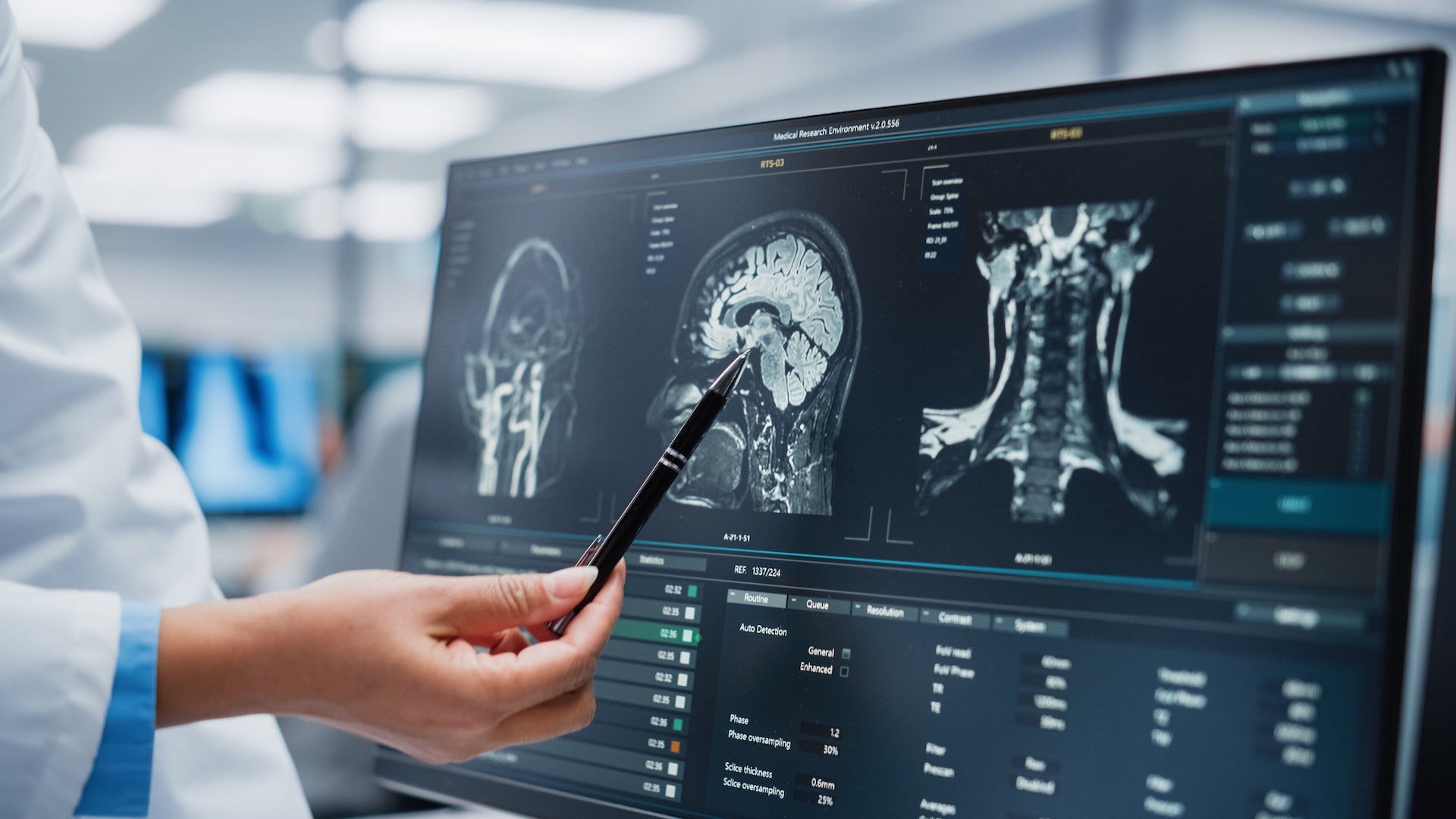
Researchers in Scotland hope to develop a set of artificial intelligence (AI) tools that can predict the risk of dementia in their patients. To do so, they will compare up to 1.6 million CT and MRI scans with linked public health records to find patterns that could help doctors better predict someone’s risk of developing dementia.
At the University of Edinburgh and the University of Dundee, a team of scientists working as part of a global research effort called NEURii is preparing to collect the data. The CT and MRI scans have been collected from patients in Scotland over more than a decade. Using AI and machine learning, the team hopes to develop a suite of tools that radiologists can use as a standard reference when examining new scans.
“Should we establish a successful proof of concept, we will have a suite of software tools that are smoothly and unobtrusively integrated with routine radiology operations that assist clinical decision-making and flag the risk of dementia as early as possible,” said Professor Emanuele Trucco, an expert in AI and medical imaging at the University of Dundee, as quoted by The Guardian.
The efforts could also be used to accelerate the development of treatments for dementia. According to Professor Will Whiteley from Edinburgh’s Centre for Clinical Brain Sciences, the project co-leader, making better use of brain scans could “lead to better understanding of dementia and potentially earlier diagnosis of its causes.” This will, he said, according to The Guardian, “make development of new treatments easier.”
AI is already used to help with other medical conditions. It’s been proven useful in listening for signs of heart disease when paired with a stethoscope. Other recent projects have used AI to help people with vision impairment better understand and navigate the world around them.
Dementia is a growing concern globally. Current studies suggest more than 55 million people already suffer from dementia globally. Researchers believe the number of cases of dementia will nearly triple to 153 million by 2050. Health and social services costs related to sufferers of dementia already exceed $1 trillion (£780 billion) each year, according to some estimates.
The NEURii research project also includes as partners global pharmaceutical company Eisai, Bill Gates’ personal service company Gates Ventures, Health Data Research UK (HDR UK), and medical research not-for-profit LifeArc.
If the research is approved by National Health Service (NHS) Scotland, the team will store its data in the Scottish National Safe Haven, a secure platform commissioned by NHS Scotland for such uses.






